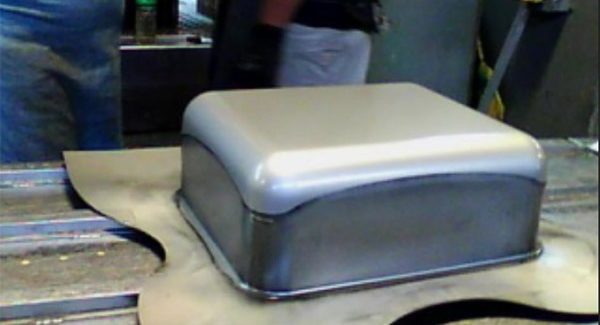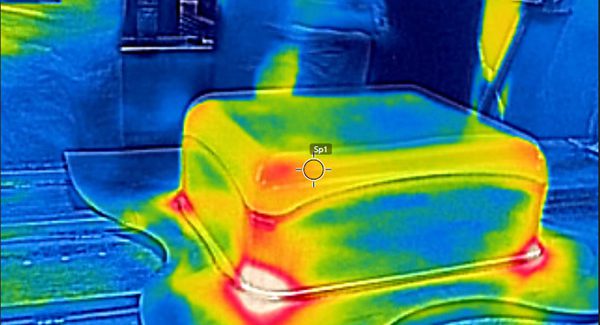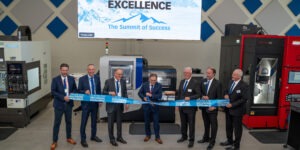How to Test Stamping Lubricants Without Interrupting Production
The IRMCO iTool lubricant testing process is a servo press run, data collection program that allows for frictional forces, part measurements and deformation temperatures to be compared from different lubricants and also on different substrates.
Posted: January 3, 2017
The metal stamping world is always in a state of flux: material sourcing, logistics, regulations, innovations – there is a culture of constant movement and redesigning of processes for increased efficiencies. In recent years, with materials changes and chemical regulations impacting the market, there has been a greater need for being able to compare the performance of lubricants using in metal stamping. Traditionally, this has been conducted in stamping facilities on production dies by interrupting production and increasing the potential for scrap, decreased productivity and limiting the number of products that can be evaluated. But now IRMCO® (Evanston, IL) has developed the IRMCO iTool™ – an innovative lubricant testing process evolved from the trusted cup-drawing process that was originally developed at the Ohio State University Center for Precision Forming by Dr. Taylan Altan.
The servo press run, data collection program allows for frictional forces, part measurements and deformation temperatures to be compared from different lubricants and also on different substrates. This unique and innovative program allows for more extensive comparison of stamping lubricants by vetting products prior to interrupting production presses for field testing. Building upon the proud history of Dr. Altan’s pioneering research, IRMCO created their own tooling and expanded data collection to include measuring thermal differences in tooling and on parts, frictional differences between different lubricants and material thickness of formed parts. Using blanked materials supplied by the customer, multiple lubricants can be compared on multiple substrates under the same, controlled process – prior to interrupting actual production for field trials. This helps eliminate “trial and error” guess work by presenting data that has a stronger correlation to production than traditional, laboratory-based frictional testing as the iTool process is actually forming a part. This is a major step in advancing process and efficiency optimization.
IRMCO, 2117 Greenleaf Street, Evanston, IL 60202-1088, 847-864-0255, Fax: 847-864-0012, www.irmco.com.
















